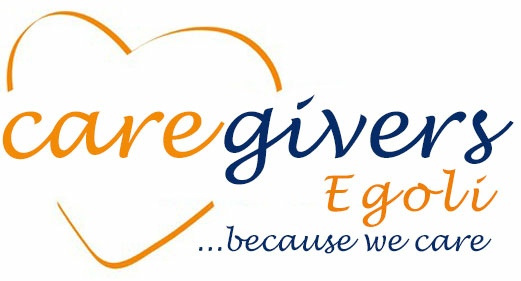

Website developed by:

Emotional support to a cancer patient is the rhythm of the heartbeat of a caregiver
“Caregiving often calls us to lean into love we didn't know possible.” Quote by Tia Walker.
This quote is so true. Cancer Treatment for any patient is a grueling time of their life. Treatments vary with individual diagnosis but the emotional trauma is the same with each treatment. Patients go through emotions of low self-esteem, self-hate, defeat, hopelessness, depression, anger, frustration, pain, fear and anxiety. From these emotions patients then worry if these emotions are normal during this time of their lives.
Care givers not only have to face the aspects of the day to day tasks they provide to their patients, they also need to deal with their patients’ emotions almost daily as well. As a caregiver to a Cancer sufferer they are sometimes expected to be nurse, psychologist, counsellor and friend.
As individuals, each person has their own unique way of riding their emotional rollercoasters. Caregivers are trained to assess their patients emotional wellbeing by using some simple “checklists” to see what level their patient is on in terms of coping. No, it’s not sitting with their patient with a clipboard in hand ticking off boxes of questions. Instead it’s listening to their patients for the “tell-tale” verbal reactions or comments that indicate emotional distress.
These comments or verbal reactions include things such as:
- Alcohol helps me cope and keeps me calm
- Why can't people just leave me alone!
- I can't sleep, I have tried everything
- What did I do to deserve this?
- Why is this happening?
- Why can't anyone care or love me?
- I want to die.
- Why bother fighting it?
These statements are common and natural but when they become a recurring factor of longer than 2 weeks it’s a sign of serious emotional distress.
When a caregiver spots these signs they are obligated to report them to the family and to the patient’s doctor so that medically they can also seek the right treatment.
However, the caregiver then will apply their training in helping patients to cope with these emotions. They will try various things such as:
- Being a friend.
- Engage them in uplifting and normal conversations.
- Never treat them like they are invalids or worthless, give them an opportunity to still do all the normal things they used to.
- Help with daily tasks
- Listen with all their hearts
- Give comfort when required be it a hug or propping up a comfy pillow.
- Spending time with them doing things such as reading a book, watching a movie or listening to music.
- Some caregivers go that extra mile with little uplifting motivational notes they give their patients.
There is no right or wrong way to care for patients emotional wellbeing. However, if it is done with love and compassion you are sure it will have the positive desired effect on that patient.
“God gave burdens; he also gave shoulders.” – Yiddish Proverb




